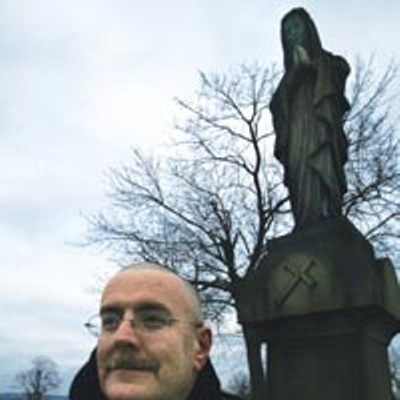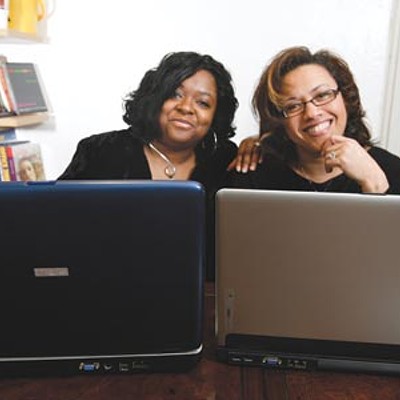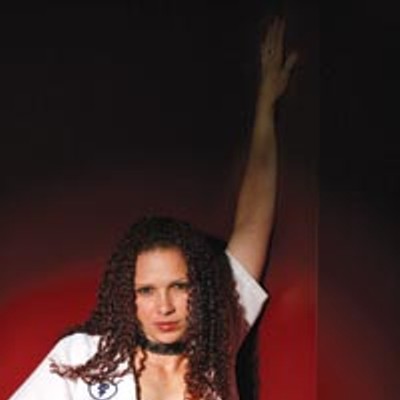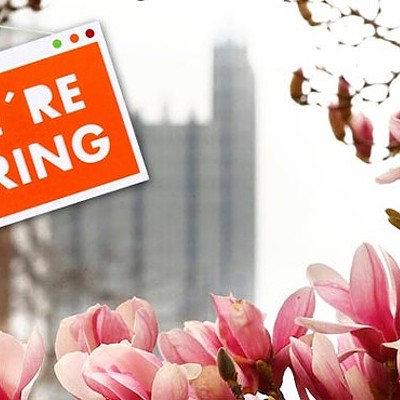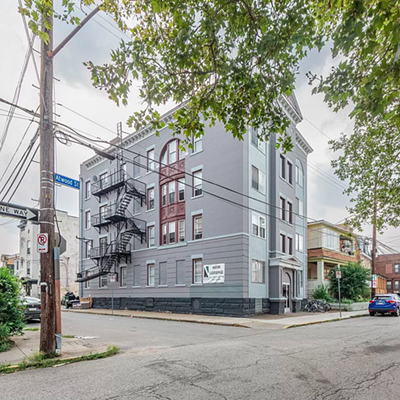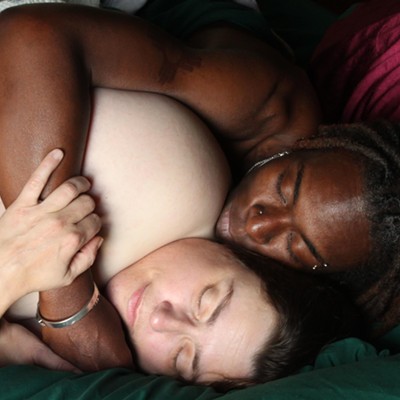Where are you originally from?
I was born on Shakespeare Street near Penn Circle. There used to be a train station and Liberty Theater close by. I can remember when I was 4 years old visiting the lady my father used to stay with when he came from Virginia. It was a big house, in retrospect, almost like a way station. Her name was Mrs. Woods, but they called her Aunt Queen. It was a boarding house. She owned it, and she would help people, mostly men, who came from Culpepper, Virginia, where my father was from. How things are so vivid to me is because things that happened reflect the times. In 1936 there was a big flood, the Johnstown Flood. My father was working for the city in the Strip District when they had the flood. I remember him bringing home cases of oranges, bushels of apples and pears and different stuff because the water must have been coming up so high in that area.
How did you end up cutting hair in Harlem?
The barbershop was across the street from the Amsterdam News. The Amsterdam News was a famous newspaper in New York. A black newspaper. Punchy, my friend, worked there. So, when I went to New York, naturally I latched on to Punchy because I knew Punchy from when I was a kid. Before I became a barber, I used to hang out in a bar called Sugar Ray's. Sugar Ray Robinson at that time was the unofficial mayor of Harlem. Nothing is bigger than Ray Robinson. He had a bar, a lingerie shop, another business and the barbershop. So that was my thing: Every week I used to go to the barbershop, and I'd meet people. And that went on from '47, '48, '49 -- about five-and-a-half years. So that's how I met people.
I've heard that you cut the hair of a lot of jazz greats.
I worked on Miles Davis, I worked on Max Roach, I worked on Nat Adderley, I worked on Lee Morgan, I worked on Billy Daniels. Anyone who came in there.
What's your connection to Thelonious Monk?
He's my best friend. He came looking for me many, many years ago. He came to where I was and asked, "Where's the barber named Green?" Someone told him to come and find me because they used to say that I knew where everything was. That was part of what I used to do. I knew where everything was. I could tell you how to put your hand on anybody.
What type of clientele did the barbershop attract?
The barbershop was a focal point of everybody hanging out. I have a funny trade. Outside of the neighborhood people, all of my customers were customers I would have for a year, and then they would go to jail. They'd be gone two or three years, and all of a sudden they'd come back. They'd come back and have a big party. They'd come into the barbershop and get their manicure, get their haircut and have a pocket full of money. Two weeks later they would have a brand-new automobile. They were hustlers. There was this customer who had at least 50 or 60 pair of shoes. We had a valet, someone who would do our shoe-shining for us. He'd come in, give the valet the shoes and a hundred dollars, give me 150, and then give the manicurist a hundred. Then he'd leave and say, "Hold my spot." These were the kind of people in this place.
Any memorable experiences from the early days of the shop?
Well, I remember the day this happened to me. Count Basie came into the barbershop and he was doing the Ed Sullivan show. He was real busy. And he asked Roger Simons how many people he had in front of him, and he said he had four. They gave out these coins with numbers on them. You'd get a number [and] when the person who was a porter in the barbershop would call your number, you'd go get your hair done. ... So, [Basie] had to wait on four people to get his hair done. Basie said, "Who's next?" It was me. So, Basie came and sat down beside me and said to me, "Listen: Do you know who I am?" I said, "Yeah, you're Count Basie." So he said, "Why don't you take this $20 bill and let me take your turn?" Boom. I took that 20 dollars and went and got me a new number.


